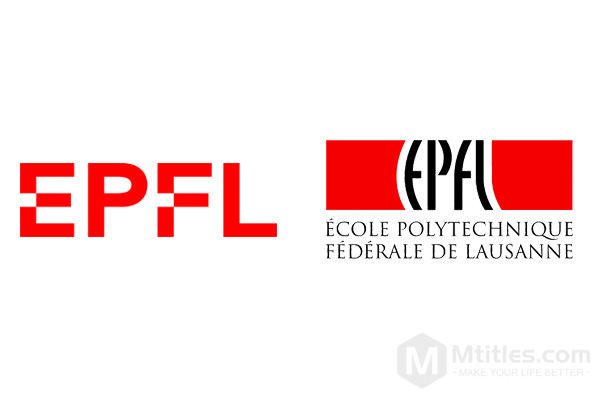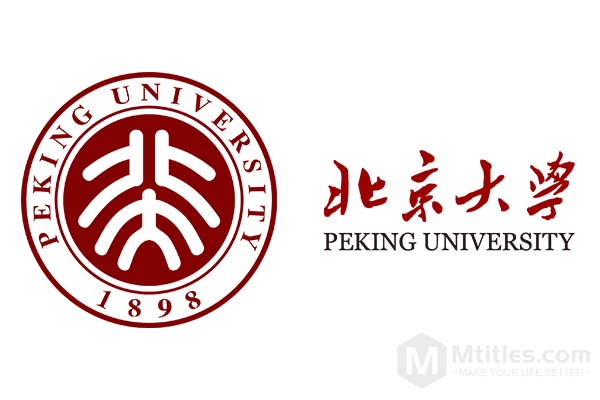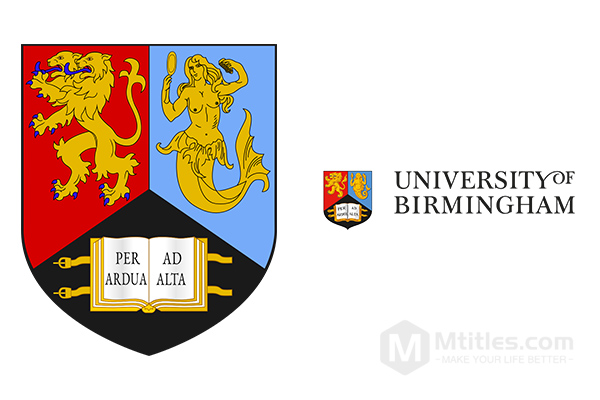#14 École polytechnique fédérale de Lausanne (EPFL)

Basic Infomation:
World Position: No. 14
Nature of University: Public
Research Findings: Very High
Number of students: 10,478
Number of Teachers: 1,767
Number of international students: 6,426
Overview:
École polytechnique fédérale de Lausanne (EPFL) is located in Lausanne, Switzerland. It is a research institution and university in Lausanne, Switzerland, specializing in natural sciences and engineering.
Its origin can be traced back to the private school established in 1853, when the school had only 11 students. It was formally established in 1969. Together with its sister school, ETH Zurich, it forms the Swiss Federal Institute of Technology, which is part of the Swiss Federal Ministry of Economic Affairs, Education and Research. Those days are long gone. The modern EPFL is a member of the European Union of Excellence in Polytechnic Universities, and EPFL is one of the two Swiss Federal Institutes of Technology. EPF focuses on the education and research of engineering technology, natural science and architecture. It is a top research university in Europe and the world.
EPFL is located in the French-speaking part of Switzerland and is twins with ETH Zurich. As part of its research and teaching activities, EPFL is one of the only universities that operate nuclear reactors, fusion reactors, Gene/Q supercomputers, and have P3 biohazard facilities.
EPFL's admissions process is very simple, and for undergraduates who are about to become Swiss nationals, there is no choice at all. However, at the end of the freshman year, an overall test determines whether students can continue or must re-read the year, and many family students drop out completely at this time.
The EPFL campus is located on the shore of Lake Geneva and consists of 65 buildings covering an area of 136 acres. Facilities include banks, bars, two museums-Musee Bolo and Archizoom-as well as bars, restaurants and cafeterias.
There are 112 students of different nationalities, but as of 2014, women accounted for only 27% of the students. Campus life is full of vitality, and many clubs and associations composed of students provide social and entertainment opportunities.
Various sports and leisure facilities allow students to stay physically active during their studies. EPFL also has an active student media, publishing a monthly report Flash, and the student radio station broadcasts every day.
Another priority on campus is the arts, and the university hosts several annual music festivals each year. The biggest is the Balélec Music Festival, where 15,000 visitors came to the university to watch 30 concerts on two outdoor stages and four indoor stages.
Many famous figures including Turing Prize winner Joseph Sifakis, Nobel Prize winner in Chemistry Jacques Dubochet, computer language Scala inventor Martin Odersky, etc. are all from the school. The Federal Institute of Technology Lausanne has research facilities such as the nuclear reactor CROCUS, the fusion reactor Tokamak Fusion reactor, the supercomputer Blue Gene/Q, and the P3 biological laboratory. The school is famous for its teacher-student ratio of 1:6, international vision and scientific research influence. It attracts batches of outstanding students from various countries. The number of students in Lausanne has now exceeded 10,000.
About Undergraduate:
Ecole Polytechnique Fédérale de Lausanne offers the following undergraduate programs:
CHEMISTRY & CHEMICAL ENGINEERING
MATHEMATICS
PHYSICS
COMMUNICATION SYSTEMS
COMPUTER SCIENCE
ELECTRICAL & ELECTRONICAL ENGINEERING
MATERIALS SCIENCE & ENGINEERING
MECHANICAL ENGINEERING
MICROENGINEERING
LIFE SCIENCES & TECHNOLOGY
ARCHITECTURE
CIVIL ENGINEERING
ENVIRONMENTAL SCIENCES & ENGINEERING
About Postgraduate:
Ecole Polytechnique Fédérale de Lausanne offers the following postgraduate programs:
ARCHITECTURE
CIVIL ENGINEERING
ENVIRONMENTAL SCIENCES & ENGINEERING
ELECTRICAL & ELECTRONIC ENGINEERING
ENERGY MANAGEMENT & SUSTAINABILITY
MATERIALS SCIENCE & ENGINEERING
MECHANICAL ENGINEERING
MICROENGINEERING
COMMUNICATION SYSTEMS
COMPUTER SCIENCE
DATA SCIENCE
CHEMICAL ENGINEERING & BIOTECHNOLOGY
MOLECULAR & BIOLOGICAL CHEMISTRY
MATHEMATICS
APPLIED MATHEMATICS
MATHEMATICS FOR EDUCATION (IN FRENCH)
COMPUTATIONAL SCIENCE & ENGINEERING
PHYSICS
APPLIED PHYSICS
NUCLEAR ENGINEERING
BIOENGINEERING
LIFE SCIENCES & TECHNOLOGY
FINANCIAL ENGINEERING
MANAGEMENT, TECHNOLOGY & ENTREPRENEURSHIP
DIGITAL HUMANITIES







